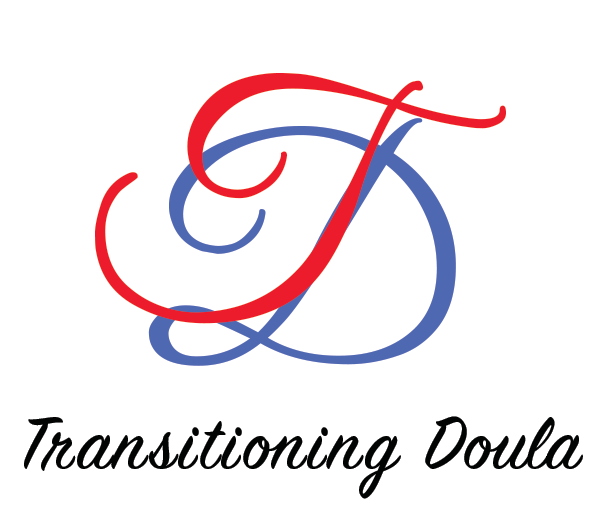Comments from an international Survey on Death Doula training organizations:
The role of Death Doula (DD) has emerged in recent years, described as a non-medical role and as a supporter/guide/advocate in end-of-life care. Engaged for the most part by patients or families, working to empower them or provide some degree of autonomy, DDs work in varying ways to provide information and support pre-death, during the dying process and after-death. Anecdotally and via social media the role is growing in popularity in Australia, the United Kingdom, the United States, and Canada in particular with a few formal studies undertaken involving DDs in these countries. Examples of global initiatives that have been published include Indigenous doulas in Canada, and Doulas for unrepresented patients in the United States. The number of DDs working globally is unknown, with some working full-time, but with most more likely to be working part-time as a DD and part-time in another job. It is only in the last few years that research into the DD role has started to emerge, with our systematic review and a scoping review undertaken more recently, finding little in the formal academic literature regarding the role. The DD role is unregistered (although regulated in many States in Australia), with no standardized education or training in place or required, which is also true for birth doulas, a role which has been in place for decades.
